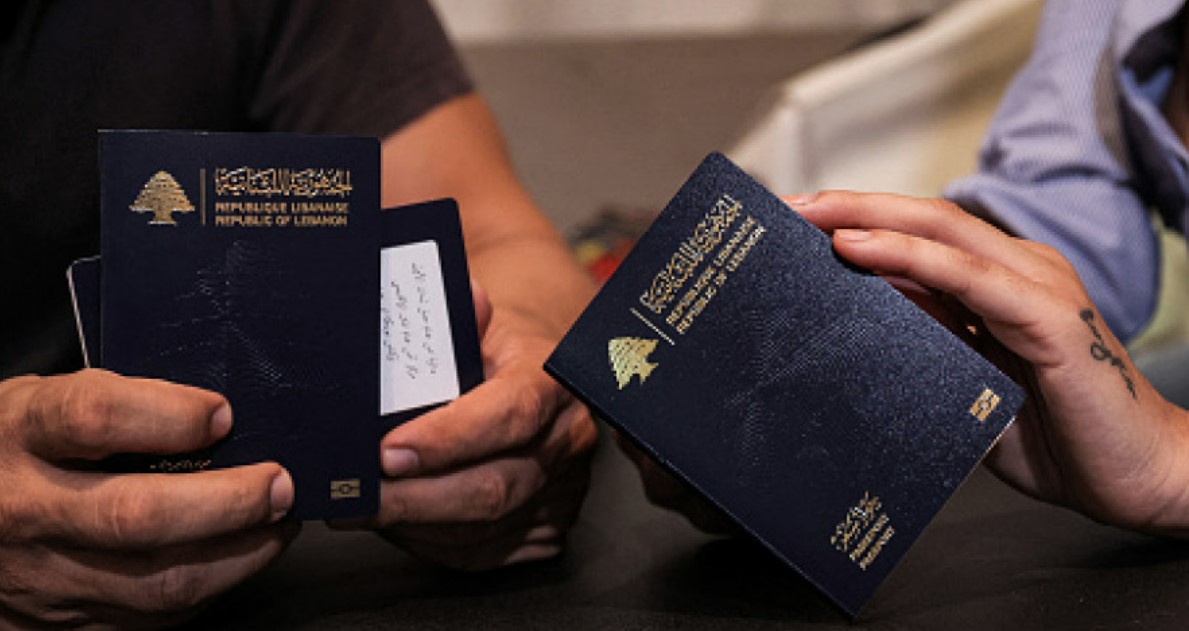
by Fatima Al Mahmoud thenationalnews.com — — In May 2021, my life changed when I made the decision to move from Lebanon to the UAE. It wasn’t an easy choice, but it was the obvious one. After an economic collapse, a pandemic and one of the largest non-nuclear explosions in history, there was only so much more I could take. I began interviewing for my current job at The National immediately after the Beirut blast. Aside from wanting to join an esteemed news organisation, I also really wanted a way out of Lebanon. I remember the editors sensing my despair when my internet completely failed me during our second-stage interview. I made it absolutely clear that I wanted to relocate. Of course I dreaded having to leave my family behind to pursue my career. In fact, it’s one of the toughest things I’ve had to do, but one thing brought me solace — I’d think to myself, they can always come visit. Little did I know, I couldn’t have been more wrong.
The plan was for me to move, get my residency and find a house before brining my mother over to help me get settled in. She was meant to help me furnish the apartment from scratch, teach me a few recipes and maybe even cook a few of my favourite meals that I can keep frozen for when I’m craving a taste of home. But for more than a year now, she has been on an endless waiting list to get her Lebanese passport renewed, and the end is far from near. A lack of funds has crippled Lebanon’s public sector and made it increasingly difficult for people to obtain new travel documents. The earliest available appointment on the General Security’s website is in 2024, with thousands of people waiting for their turn after the demand for a passport surged over the past two years. Many are calling my home country an “open-air prison”. Somehow it feels fitting. Lebanon’s inability to issue passports is only one outcome of decades of corruption and mismanagement.
The country is facing what has been described as one of the worst economic crises in recent history, according to the World Bank, with more than 80 per cent of the population living in poverty. A view of Lebanon’s capital, Beirut, with the lights on only in some buildings. Lebanese rely on highly polluting diesel generators run by private neighbourhood operators to make up for shortfalls in electricity supply from the state utility. EPA A view of Lebanon’s capital, Beirut, with the lights on only in some buildings. Lebanese rely on highly polluting diesel generators run by private neighbourhood operators to make up for shortfalls in electricity supply from the state utility. EPA
The dire situation has pushed people to reminisce about having scheduled power cuts rather than no power at all, paying exorbitant prices for essentials over not finding essentials at all, and living in a Ponzi scheme over living in collapse. All I wanted was to give my family the chance to escape that, albeit temporarily. And, more selfishly, I wanted my loved ones to leave their mark in this place I now call home, to give me comfort. But things don’t always go according to plan. So phone calls and text messages have become my only means of communication with my mother and a way to ask for her input on the life I’m building in Abu Dhabi.
From sending her pictures at the furniture shop and waiting for her reply before I make a purchase, to calling her every day with 100 cooking questions and still never perfecting her recipes, this is the closest I can get to having my mother near. While I do regularly fly back home to visit, I always return to the UAE with tears streaming down my face and an immeasurable amount of guilt on my shoulders. “I wish you could come with me,” I tell my mom as I say goodbye every time. “Inshallah,” she tells me solemnly, which everyone knows is an Arab mother’s lingo for something that just won’t happen.



